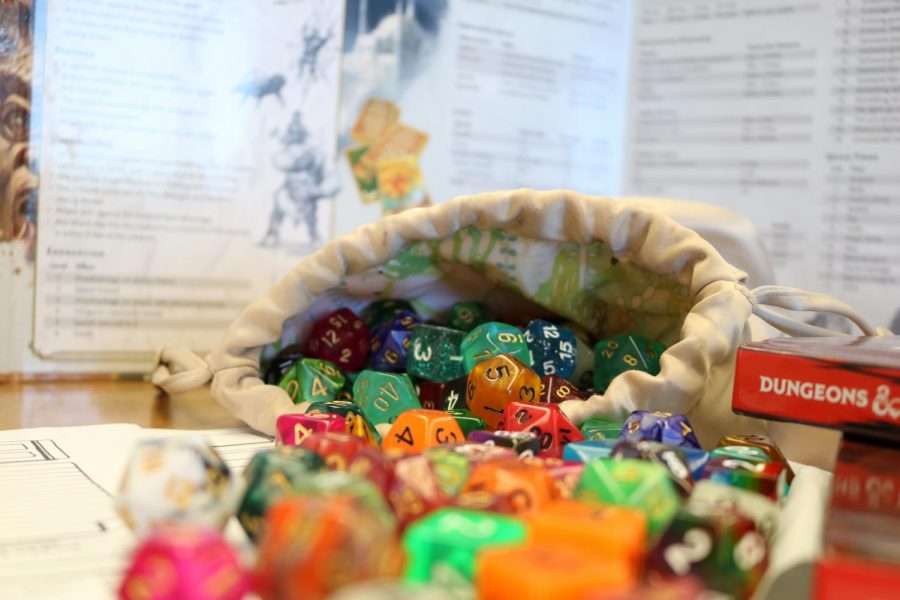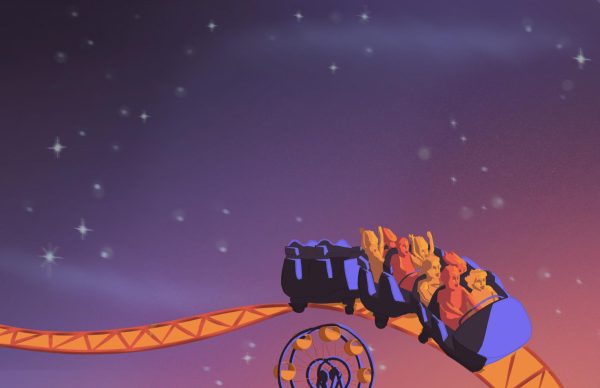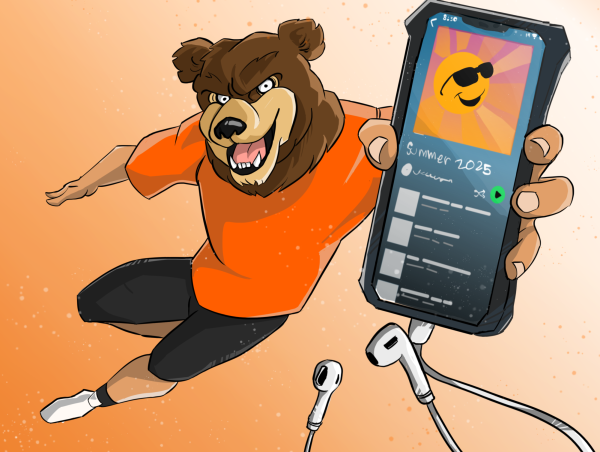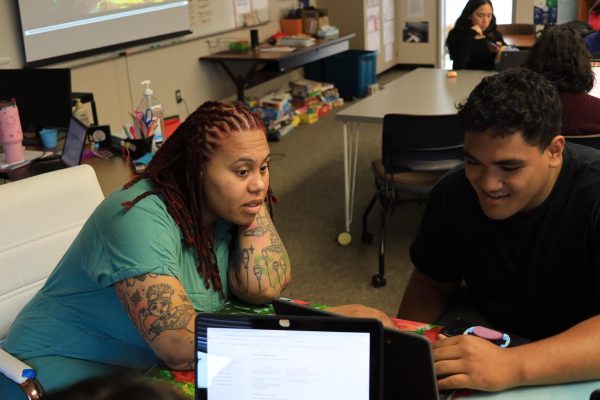Nerdy games are cool again
D&D, Magic: The Gathering experience a resurgence among students and staff
D&D uses various dice, from four-sided to 20-sided die.
Any true self-professed “nerd” is familiar with the predecessors of all geeky games: “Dungeons and Dragons” and “Magic: The Gathering.”
Despite the popularity of the games decades ago, D&D and “Magic: The Gathering” were notorious for their cult following of nerds who were shunned for their unusual interests.
But in recent years, the games have seen a revival on the Cal High campus and around the world.
The reawakening of the games happened in part thanks to online shows such as “The Adventure Zone” and “Critical Role,” which reintroduced these games to a new generation of players.
The popularity of the Netflix show “Stranger Things” has also helped the resurrection of D&D, the role-playing game invented by Gary Gygax and Dave Arneson in the 1970s. The game was immensely popular, selling out within the first 11 months of its release in 1974.
In 1993, the trading card game “Magic: The Gathering” was created based on the magical world in D&D.
“I also think that a big part of [the games becoming popular] may be the fact that the world is in a weird place right now,” said choir teacher Nick Patton, who plays both games. “A lot of people feel that existence, especially with the rise of technology, it’s really hard to be present in this world.”
“Magic: The Gathering”, known as the first trading card game, follows the concept of two wizards called “Planeswalkers” with the ability to summon creatures and cast of spells that are used to take the “life points” of the opponent.
In contrast to the “battle” style of “Magic: The Gathering”, D&D players become characters and must rise to meet the challenges the “game master” presents in the created world.
“Sessions” can last for hours to months at a time and there are hours of prep time necessary for players to create their characters, weaponry, and backstories.
D&D also has podcasts on its official websites where buffs and beginners alike can listen to each episode, which can be up to four hours in length.
“The difference between the two is like a game of chess and a game of Clue,” said senior Logan Schluntz. “In Magic, it’s against you and another person and you play a game of an hour or two. With Dungeons, it tends to be a larger group size [of players] and one game master.”
Many Cal students who play D&D and “Magic: The Gathering” were introduced to them through friends and the internet.
Junior Eric Ko said he joined his friends in playing “Magic: The Gathering” because he wanted to join in on the fun.
Sophomore James Huang started playing “Magic: The Gathering” when his friend introduced him to the game. The main goal of the game for Huang is to have fun with his friends.
Senior Dorian White also started playing the games through his friend Schluntz. White said he collected the cards of “Magic: The Gathering” and Schluntz taught him how to play the card game.
The games appeal to those with different preferences. Ko said D&D is more appealing to people who are quickly adaptable. “Magic: The Gathering” often appeals to people who are situation-based.
White said D&D is very enjoyable because he can become a different character and warp his mind to fit the character’s mindset. Schluntz enjoys writing the scenarios and presenting them for people to solve.
For some players such as Schluntz, family members introduced these long-time games. Schluntz’s dad introduced him to Magic and taught him how to play D&D. Ever since, he has been hooked to the games.
But not all of the players on campus are students. Even teachers enjoy playing D&D and Magic.
Patton, for example, has been playing both games on and off since elementary and middle school.
Even today he plays the games with his friends from Canada, the East Coast, and Southern California through the internet.
Patton said the games are a big part in having people come together and spend time in a busy world. Playing has allowed he and his friends to stay more connected.
Overall, games like D&D and Magic have been perpetuated by the freedom games offer its players.
“Part of playing [Dungeons] is being different from who you are,” Schluntz said.“If you want, you can be your own version of the perfect person and be them for a while or challenge yourself and be someone with flaws and deal with those flaws.”






